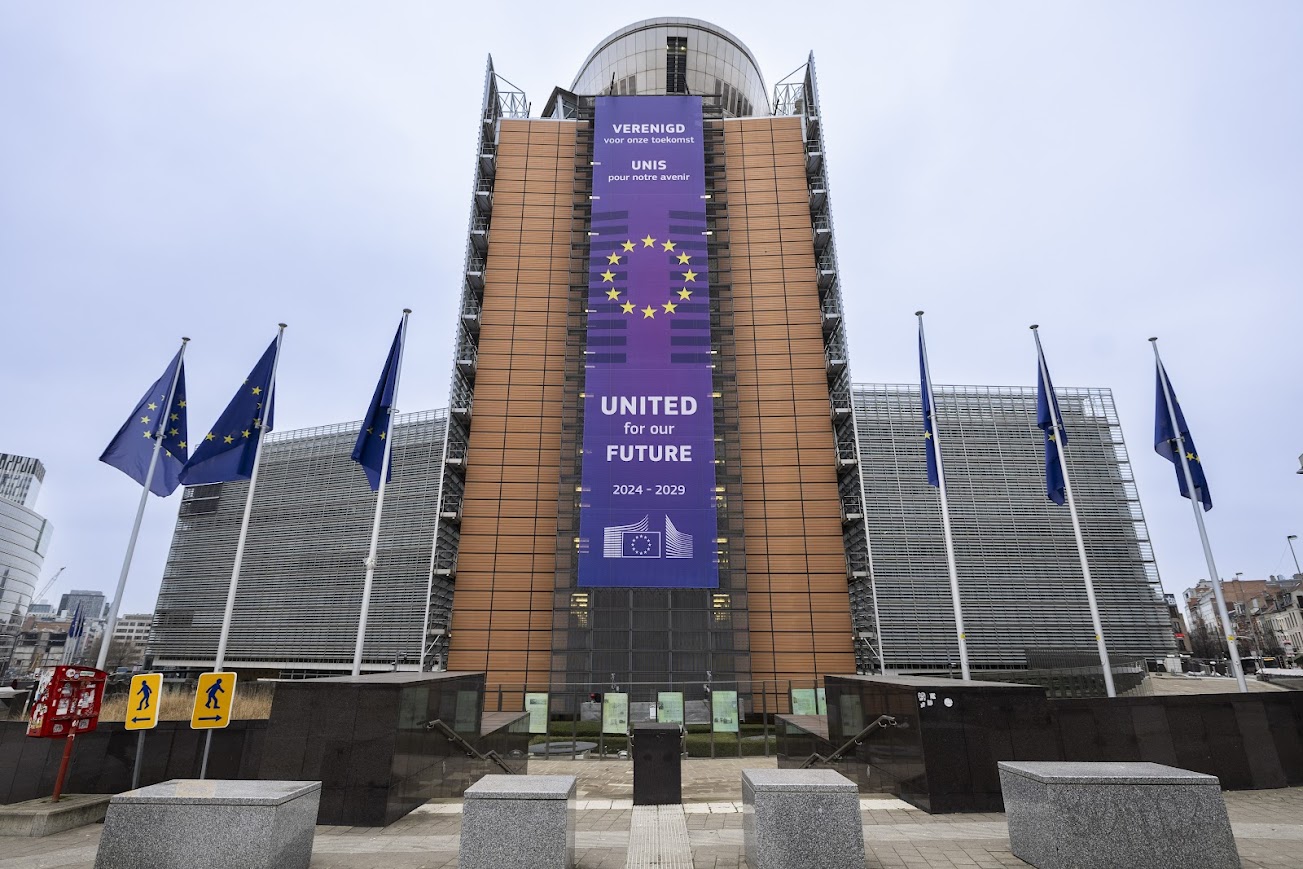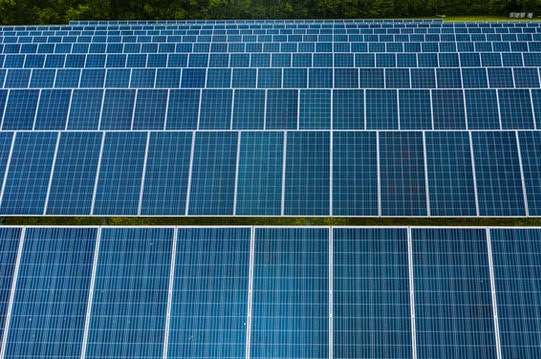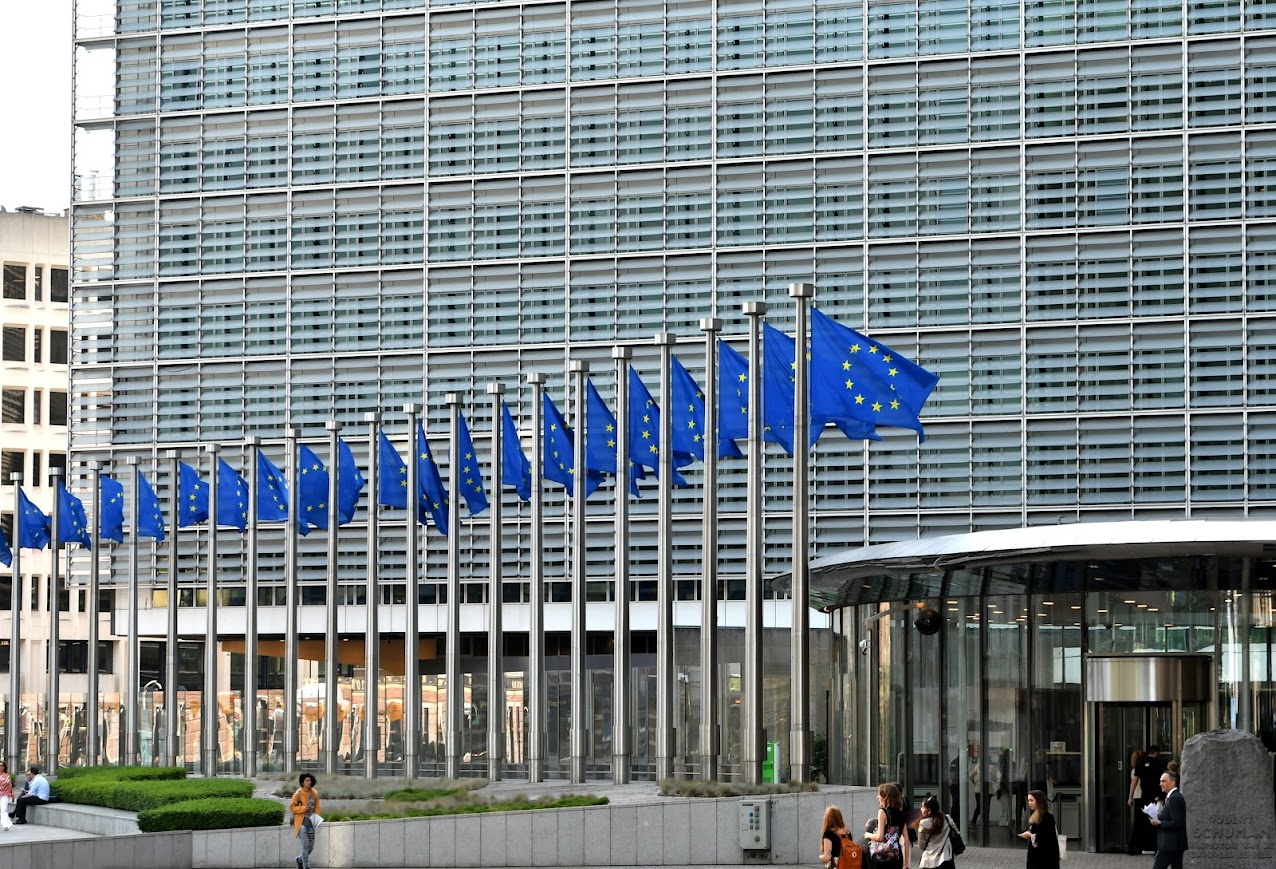Gli Orientamenti sulle sovvenzioni estere in consultazione fino a settembre
 Si chiudono il prossimo 11 settembre i termini per partecipare alla consultazione pubblica lanciata dalla Commissione UE in merito alla bozza di Orientamenti sulle sovvenzioni estere che dovrebbero vedere la luce nel 2026 e che avranno l’obiettivo di assicurare prevedibilità e trasparenza su alcuni concetti chiave del regolamento sulle sovvenzioni estere in vigore dal 2023.
Si chiudono il prossimo 11 settembre i termini per partecipare alla consultazione pubblica lanciata dalla Commissione UE in merito alla bozza di Orientamenti sulle sovvenzioni estere che dovrebbero vedere la luce nel 2026 e che avranno l’obiettivo di assicurare prevedibilità e trasparenza su alcuni concetti chiave del regolamento sulle sovvenzioni estere in vigore dal 2023.
Come funziona il regolamento UE contro le sovvenzioni estere distorsive?










